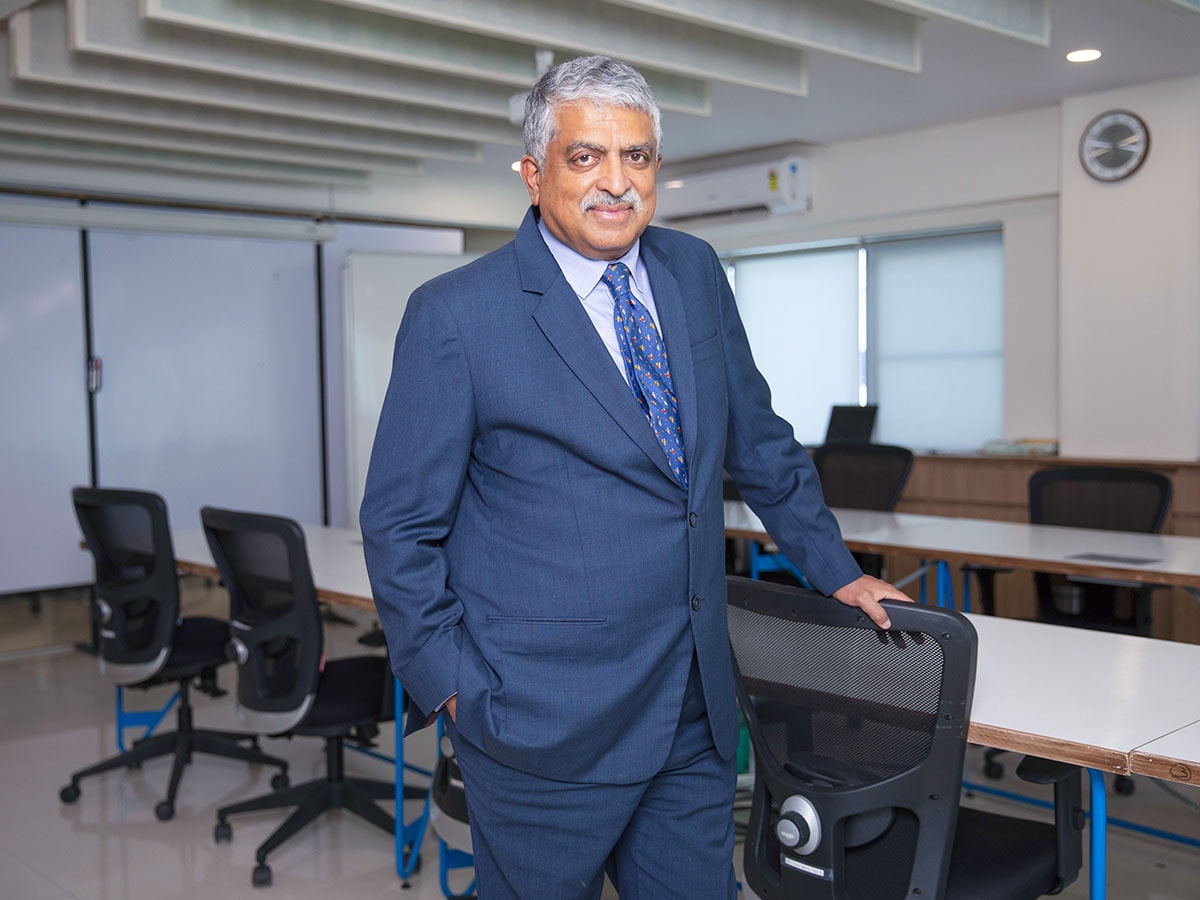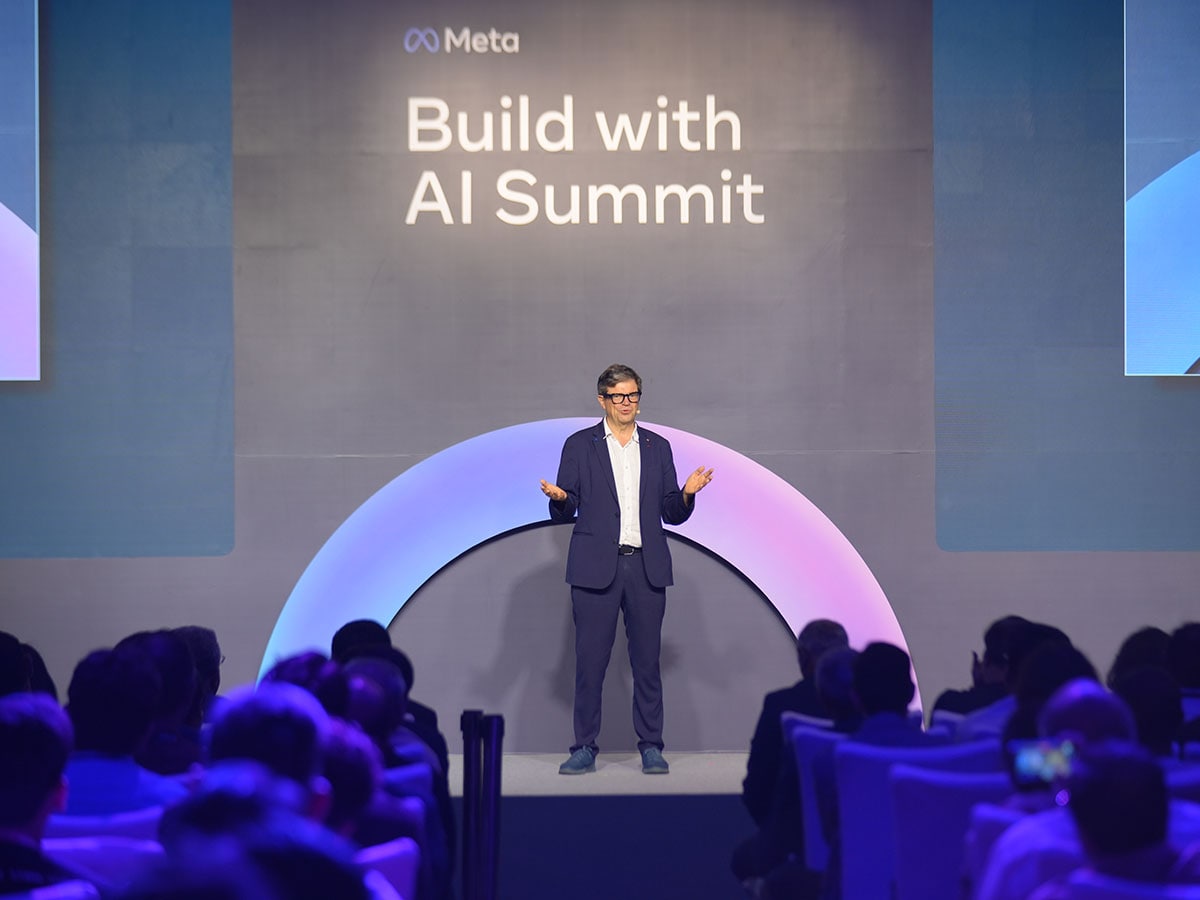While other people build all the LLMs, we will make sure it works for people: Nandan Nilekani
The Infosys co-founder on collecting data and deploying it at scale, turning India into the use case capital for AI
 Nandan Nilekani, co-founder and non-executive chairman of Infosys Ltd. Image: Samyukta Lakshmi/Bloomberg via Getty Images
Nandan Nilekani, co-founder and non-executive chairman of Infosys Ltd. Image: Samyukta Lakshmi/Bloomberg via Getty Images
During Meta’s Build with AI Summit in Bengaluru, Nandan Nilekani, Infosys co-founder and non-executive chairman, spoke about digital public infrastructure giving artificial intelligence (AI) a foundation to grow rapidly, turning India into the ‘use case capital for AI’ and more during a panel discussion with Yann LeCun, VP and chief AI scientist at Meta. Edited excerpts:
‘Our goal should not be to build one more LLM’
We have been building DPI for the last 15 years, which means there has been a lot of learning to build technology at scale, to design it to be inclusive and allow market innovation. We can build on top of DPI, which is giving us a foundation to grow AI much more rapidly.But the key is to see what we can do to remove friction to adoption and improve these bottlenecks. Our goal should not be to build one more LLM—let these big boys in the Valley do that… spend $50 million each on these. We will use that stuff to train new things, create synthetic data to build very small language models quickly, and train them on appropriate data. That’s the approach we’ll take.
















